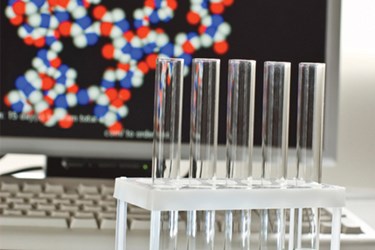Two Studies Suggest Young Blood Transplants Could Rejuvenate Older People
By Cyndi Root

Two separate studies have suggested that transplanting blood from young people into older people may be rejuvenating. The studies published in Nature Medicine and Science were conducted in animal models, however the implications are intriguing for human aging. Stopping the clock, extending life, and improving the quality of life holds tremendous opportunity for biotechnology companies. Treatments for healthy people to slow aging are one big area to market to and the new discoveries offer hope for people with disease states like heart disease and Alzheimer’s disease.
Reactions from the scientific community were optimistic but cautious. Dr. Toren Finkel, director of the Center for Molecular Medicine at the National Heart, Lung, and Blood Institute said, “We can turn back the clock instead of slowing the clock down.” A professor of bioengineering at the University of California, Berkeley urged temperance in overselling the possibilities. Irina M. Conbo said, “It is quite possible that it will dramatically increase the incidence of cancer.”
Nature Medicine Study
A study titled, “Young Blood Reverses Age-Related Impairments in Cognitive Function and Synaptic Plasticity in Mice,” was published in Nature Medicine. The investigators, in an effort to counteract the aging process, conducted experiments on old rats. They exposed the old rats to the blood of young rats in a process known as parabiosis, or joining two rats together. The rats, stitched together, grew a new circulatory system to share blood. The study showed that when the old rat received the blood from the young rat, it stopped and reversed brain aging. The young blood affected the old rat on a cognitive, structural, and molecular level. Researchers state that the effect was achieved by mediation of the cyclic AMP response element binding protein (Creb) in the old rat’s hippocampus.
Science Study
In a study published in Science magazine, researchers found that young blood started a cerebral vascular remodeling process. The study titled, “Vascular and Neurogenic Rejuvenation of the Aging Mouse Brain by Young Systemic Factors,” also found that young blood improved olfactory discrimination and improved neurogenesis — signs of a young and flexible brain. Restoring the vasculature of the neurogenic niche with secreted and circulating factors is a valuable target for the pharmaceutical community to treat age-related neurovascular and neurodegenerative diseases.
